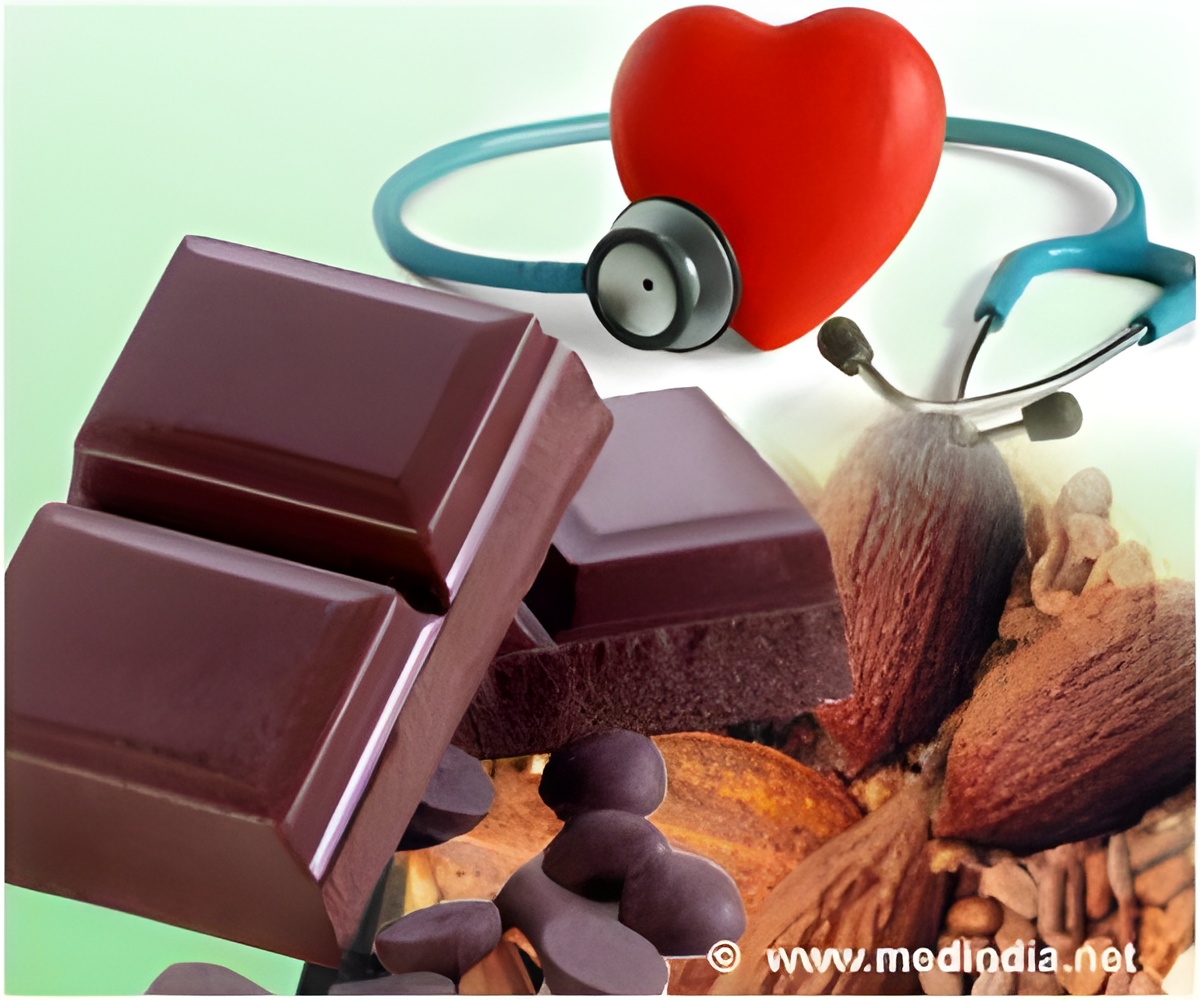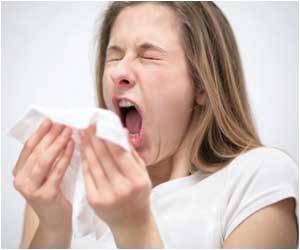Bioactive compounds found in cocoa extracts can keep the heart healthy, finds a new study. Flavanols and procyanidins are the two bioactive compounds that are studied here

- Healthy adults experienced improved blood vessel function along with improvements in blood pressure, arterial stiffness, and cholesterol after one month of once-daily consumption of an extract enriched in flavanols and procyanidins.
- Only the group that consumed flavanols and procyanidins together experienced all benefits. The group that consumed the procyanidin-enriched extract only experienced a reduction in total cholesterol.
- Consequently, improvements in blood vessel function, blood pressure, and arterial stiffness were shown to predominantly relate to the intake of flavanols, but not to the intake of the more abundant procyanidins and their gut microbiome-derived metabolites.
‘It is important to understand how this bioactive interact with each other and with the human body, in order to create a comprehensive basis for recommendations about how much of these compounds, or the foods that contain them, people should be consuming for health maintenance and disease risk reduction, explains the lead author.’





Bioactives are dietary compounds that can be beneficial to health. Comprised of two kinds of bioactive, namely flavanols and procyanidins, the cocoa flavanols present in cocoa have attracted considerable scientific attention in recent years. As both groups of compounds are also found in apples, grapes, berries, and some cereals and legumes, the use of cocoa extract as a model for flavanol- and procyanidin-containing foods is likely to generate insights relevant beyond cocoa. Multiple studies have shown that daily consumption of flavanols and procyanidins has led to improved blood pressure, cholesterol and the flexibility of blood vessels. But until now, it was less clear to what extent flavanols and procyanidins respectively contribute to the observed benefits, and whether or not they act synergistically. A paper published this week in AJCN by an international team of researchers, including scientists from Mars, Incorporated, is the first to begin to directly answer this question.
In a month-long randomized and double-blinded study, 45 healthy male adults were divided into three groups taking different amounts of flavanols and procyanidins to determine the effect of each on a range of cardiovascular endpoints.
One group of participants consumed a cocoa extract containing 130 mg of a flavanol called (−)-epicatechin (pronounced "minus epicatechin") as well as 560 mg of procyanidins. The second group took cocoa extract capsules delivering a nearly equivalent amount of procyanidins (540 mg), but only 20 mg of (−)-epicatechin. The third group took placebo capsules that were free of both flavanols and procyanidins, but otherwise nutritionally matched to the capsules consumed by the other two groups. Importantly, all capsules were matched for their methylxanthine (caffeine and theobromine) amounts.
"We were able to confirm previous findings related to cocoa flavanols, and we gained novel insights into the respective contributions of flavanols and procyanidins in the context of their cardiovascular effects in humans. We found that the flavanols, especially (−)-epicatechin, represent the bioactive primarily responsible for the beneficial vascular effects observed after cocoa flavanol intake," said Christian Heiss, a clinical professor based at the University of Surrey and Surrey and Sussex Healthcare NHS Trust, and one of the researchers in the study. "Only the group taking 130 mg of (−)-epicatechin experienced both the acute and long-term beneficial effects related to flavanol and procyanidin intake." Acute responses included improvements in the ability of blood vessels to dilate. Long-term responses included improvements in blood pressure and arterial stiffness. The groups taking either a placebo or the low-epicatechin capsules experienced no significant changes in any of the above endpoints. "Although procyanidins did not directly improve blood vessel dilation, blood pressure or arterial stiffness, their intake did have a beneficial effect on blood lipids", continued Dr. Heiss. "Both groups taking capsules that contained procyanidins had a reduction in total cholesterol compared to the placebo control group after one month."
Advertisement
"Compared to other bioactives, we know quite a lot about cocoa flavanols today, but this study provides new and important insights," said Dr. Heiss. "It is critical to understand how these bioactives interact with each other and with the human body, in order to create a comprehensive basis for evidence-based recommendations about how much of these compounds, or the foods that contain them, people should be consuming for health maintenance and disease risk reduction."
Advertisement
As we age, blood pressure, cholesterol, and stiffness of arteries increase. What is important is that they are each independently associated with an increased risk of cardiovascular disease and death. Consuming procyanidins and flavanols, like (−)-epicatechin, could therefore help people maintain their heart health.
A five-year study in approximately 21,000 men and women across the U.S called COSMOS being run by Brigham and Women’s Hospital, an affiliate of Harvard Medical School, in Boston, MA, and the Fred Hutchinson Cancer Research Center in Seattle, WA hopes to definitively study this topic. The COSMOS study, or "COcoa Supplement and Multivitamin Outcomes Study", now in its third year, is a large-scale, randomized, placebo-controlled, clinical dietary intervention trial testing the risks and benefits of supplemental cocoa extract (containing (−)-epicatechin and procyanidins) and a multivitamin in the primary prevention of cardiovascular disease and cancer. The primary outcomes of the study are heart attack, stroke, coronary revascularization, cancer and death.
Source-Eurekalert














